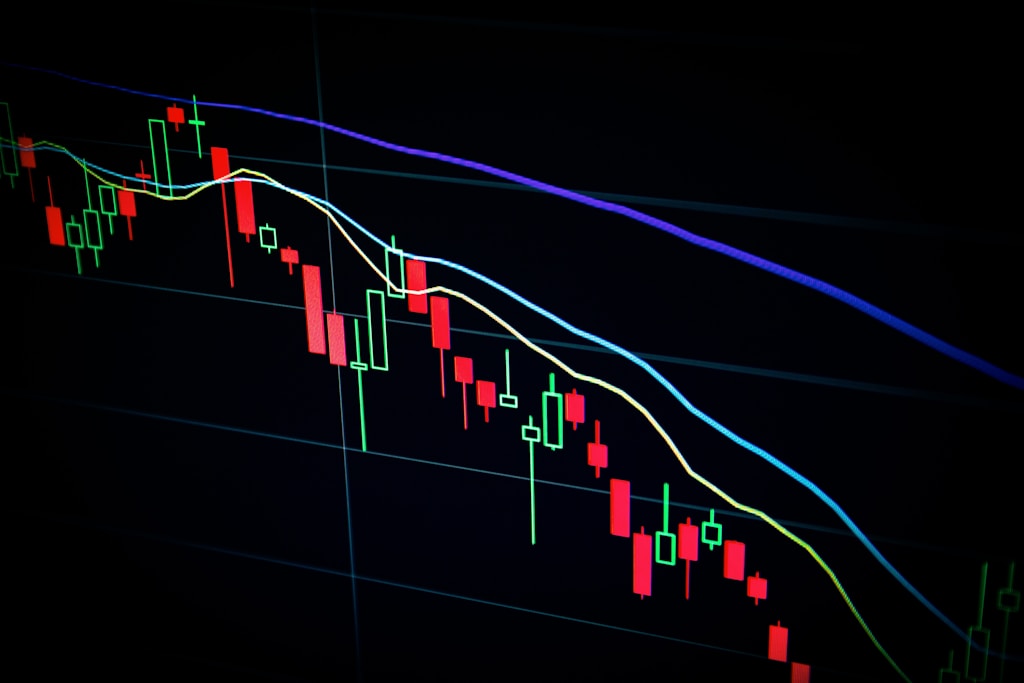In a significant development for institutional crypto adoption, BlackRock’s IBIT has accumulated an impressive 655,570.77 BTC, while Fidelity’s FBTC has reached 200,712.72 BTC, according to the latest data from spot Bitcoin ETF holdings. This milestone comes as major hedge funds continue to build substantial positions in these investment vehicles.
As discussed in our recent coverage of BlackRock’s IBIT leading Friday’s surge with $270M in inflows, institutional interest in Bitcoin ETFs continues to accelerate.
Breaking Down the Numbers
The combined holdings of these two leading ETF providers now represent approximately 4% of Bitcoin’s total circulating supply, highlighting the growing institutional footprint in the crypto market. This accumulation occurs against the backdrop of Bitcoin trading near its all-time highs, suggesting strong institutional confidence in the asset’s long-term value proposition.
SPONSORED
Trade Bitcoin ETF momentum with up to 100x leverage on perpetual contracts
Institutional Impact on Bitcoin Market
The substantial ETF holdings are creating a new dynamic in the Bitcoin market, potentially reducing available supply and increasing institutional influence over price discovery. This development aligns with predictions that Bitcoin corporate ownership could reach 50% by 2045.
FAQ Section
What is the total Bitcoin holding of spot ETFs?
Combined spot Bitcoin ETF holdings now exceed 856,000 BTC when counting both BlackRock’s IBIT and Fidelity’s FBTC positions.
How does this affect Bitcoin’s price?
Increased institutional holdings through ETFs can reduce available supply in the market, potentially contributing to price appreciation over time.
What does this mean for retail investors?
The growing institutional presence provides market validation but may also impact Bitcoin’s price dynamics and availability.
Market Implications
The continued accumulation by major ETF providers suggests we’re entering a new phase of institutional Bitcoin adoption, with potential long-term implications for price discovery and market structure.







